In Carolyn Kizer’s introduction to Theodore Roethke’s essay collection, On Poetry and Craft, she notes that Roethke often described his favorite kind of poems as three-act plays.
“You move from one impulse to the next, and then there is a final breath, which is the summation of the action as a whole,” she writes. In a lyric poem of this sort, she says, the action is emotional or mental, rather than physical, but it still follows this dramatic structure.
That reminded me of a poetry exercise I created years ago and have presented to several classes. Sometimes I ask people to write it in class, as fast as they can. Other times it’s a take-home assignment for discussion the next week. Either way, it almost always results in good poems, ones with a structure that just seems to work. Depending on the workshop, I’ve called it different things with slight modification: The Three-Part Nature Poem, The Three-Part Person Poem, The Three-Part Nostalgia Poem. Here’s the place poem version.
Part 1
Select a specific scene or place from your memory where you have a strong emotional attachment (the front porch of your ancestral home, a place you’ve vacationed, the bar where you wasted your 20s, a boat dock you where you broke up with your lover, the paddock you used to raise hoses as a kid, the street in front of your grandfather’s house, the place you used to go when you skipped school…) and write one stanza on that. Try to keep people out of this stanza and make the imagery vivid and a little metaphorical.
Part 2
Write a stanza about your family or someone in your family connected to that place—any subject or situation relating to your family, but it must be in essentially the same style/format as the first stanza. Where there’s an emotional situation, describe the circumstances of the emotions or feelings, rather than the emotion itself (the sound of the fight, but not the fight itself).
Part 3
Write a stanza about yourself that returns to the place and imagery of the first stanza.
Now, refine these three parts to make them form one three-stanza poem. Look for connections within the stanzas. Do images or references create echoes or loops? How can you make the scene metaphoric or reflective for something in the other stanzas?
What would happen if you change the order of the stanzas (you may do that if you think the poem works better that way).
Grant Clauser is the author of five books including Muddy Dragon on the Road to Heaven (winner of the Coghill Press Poetry Prize), Reckless Constellations, and The Magicians Handbook. His poems have appeared in The American Poetry Review, Cortland Review, Tar River Poetry, The Literary Review and others. He works as an editor and teaches at Rosemont College.
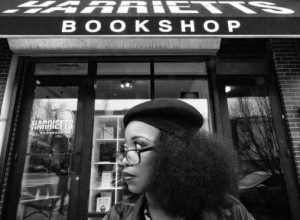
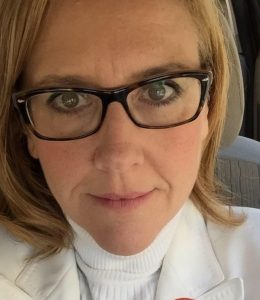
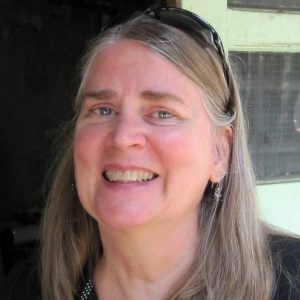
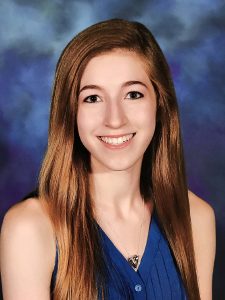




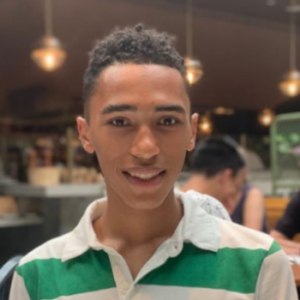 I’m a rising senior at the Friends’ Central School, and I worked on Philadelphia Stories and Mighty Writer’s most recent issue,
I’m a rising senior at the Friends’ Central School, and I worked on Philadelphia Stories and Mighty Writer’s most recent issue,